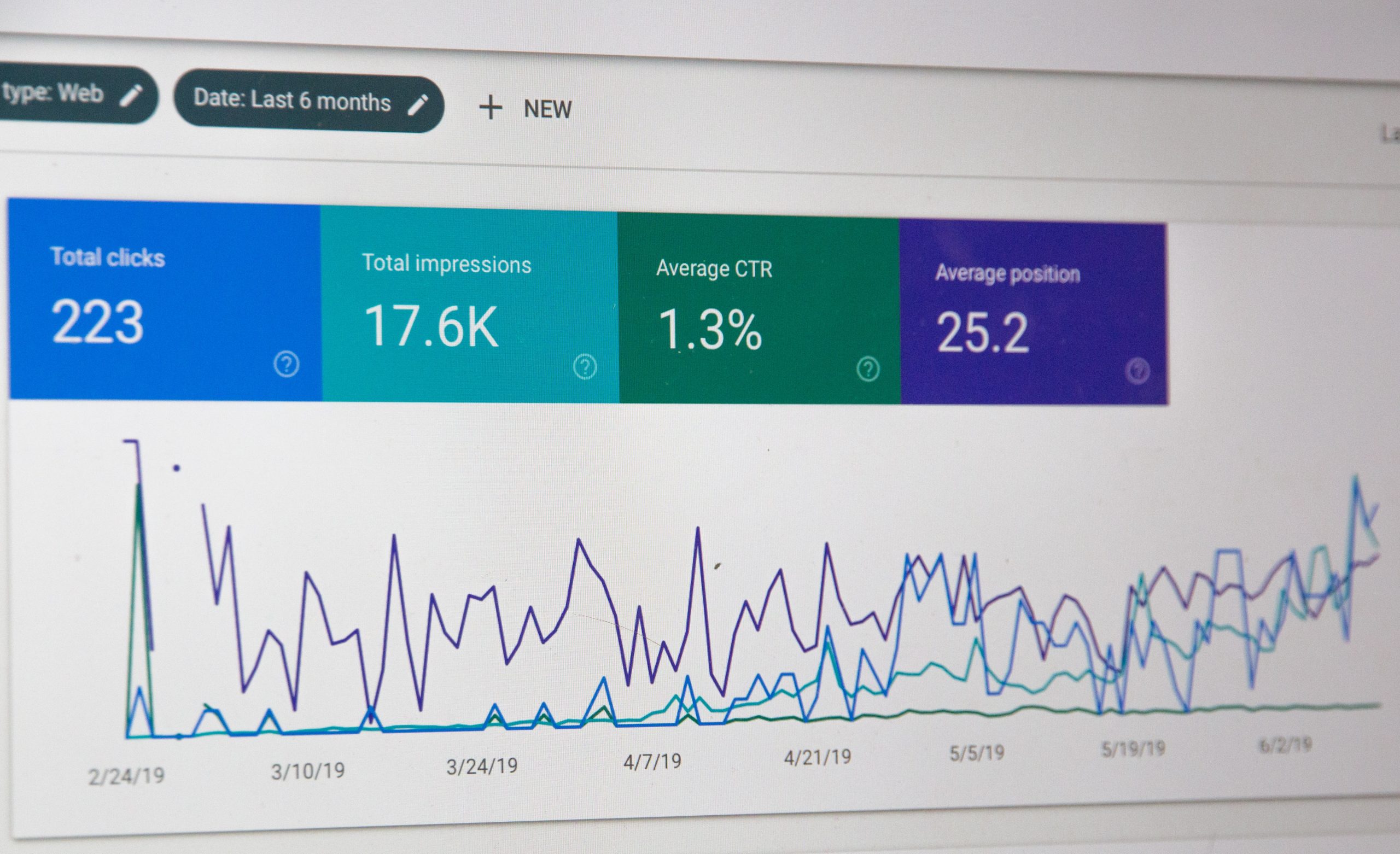Patient Engagement Software Vs. Doctor Marketing

Patient Engagement Software: Improving Healthcare Outcomes through Technology
HIPAA-compliant Patient engagement software refers to a range of digital tools aimed at increasing patient participation in their own health and wellness. By providing patients with easy access to information, resources, and communication with their care team, HIPAA-compliant Patient engagement software helps individuals take a more active role in managing their health and achieving better outcomes. In this article, we will explore the benefits of HIPAA-compliant Patient engagement software its various features, and how it is transforming the healthcare industry.
What is Patient Engagement Software?
Patient engagement software refers to a set of digital tools and platforms designed to enhance the interaction between healthcare providers and patients. These software solutions are integral in fostering a more active and informed role for patients in their healthcare journey. Patient engagement software includes features like appointment scheduling, secure messaging with healthcare professionals, access to personal health records, medication reminders, and educational resources. It empowers patients to take charge of their health, improves adherence to treatment plans, and provides a more personalized healthcare experience. Additionally, healthcare providers benefit from these systems by streamlining communication, reducing administrative tasks, and ultimately improving patient outcomes.
Benefits of Best Patient Engagement Software
Improved Patient Outcomes: HIPAA-compliant Patient engagement software empowers patients to take a more active role in their care, leading to improved health outcomes. By providing individuals with access to information and resources, patients are better equipped to make informed decisions about their health and understand the importance of adhering to prescribed treatments.
Better Communication: Patient engagement software enables patients to communicate with their care team through secure messaging, reducing the need for in-person visits. This can improve the speed and accuracy of diagnoses and treatments, as well as improve patient satisfaction by reducing wait times and increasing access to care.
Increased Patient Satisfaction: By providing patients with easy access to information, resources, and communication with their care team, patient engagement software improves the overall patient experience. This increased satisfaction can lead to better health outcomes, as patients are more likely to follow through with prescribed treatments and manage their health proactively.
Cost Savings: By reducing the need for in-person visits, patient engagement software can help healthcare providers save time and resources. Additionally, by improving patient outcomes and reducing the risk of readmissions, patient engagement software can also result in significant cost savings for the healthcare system as a whole.

Features of HIPAA-compliant Patient engagement software
1. Secure Messaging: Secure messaging enables patients to communicate with their care team directly through the software, reducing the need for in-person visits. This feature can be especially beneficial for those with chronic conditions who need to regularly check in with their care team.
2. Personal Health Records (PHR): A PHR is an electronic record of a patient’s health information, which can be accessed and updated by both the patient and their care team. This feature allows patients to track their health information, including medications, allergies, and test results and provides a centralized repository for all of their health information.
3. Appointments and Scheduling: HIPAA-compliant Patient engagement software often includes features for scheduling appointments, including the ability to book, reschedule, and cancel appointments online. This feature can help reduce wait times and improve access to care.
4. Health Tracking and Monitoring: HIPAA-compliant Patient engagement software can also include features for tracking and monitoring various health metrics, such as weight, blood pressure, and glucose levels. This information can be used by the care team to adjust treatment plans and improve patient outcomes.
5. Education and Resources: Patient engagement software often includes educational resources and information to help patients better understand their health conditions and treatments. This can include articles, videos, and interactive tools that can be accessed at any time.

How Patient Engagement Software is Transforming the Healthcare Industry
Patient engagement software is transforming the healthcare industry by enabling patients to take a more active role in their care and improving communication between patients and their care teams. By providing patients with easy access to information and resources, patient engagement software is empowering individuals to better manage their health and achieve better outcomes.
In addition, patient engagement marketing software is also helping healthcare providers improve efficiency and reduce costs. By reducing the need for in-person visits and improving the speed and accuracy of diagnoses and treatments, patient engagement marketing software is helping to streamline the healthcare system and improve access to a better patient experience.
Doctor Marketing: Attracting and Retaining Patients in the Healthcare Industry
Marketing is a critical component for success in any business, and the healthcare industry is no exception. In today’s competitive environment, medical practices and hospitals need to effectively reach out to potential patients, differentiate themselves from their competitors, and build strong relationships with their existing patient base. In this article, we will discuss the importance of doctor marketing, how it can benefit a healthcare practice, and what strategies can be used to attract and retain patients.
Why is Marketing Your Medical Practice Important
The healthcare industry is facing increasing competition, with new medical practices and hospitals opening up regularly. With the rise of telemedicine, patients now have more choices than ever before when it comes to choosing a healthcare provider. To stand out in this crowded market, medical practices and hospitals need to engage in effective marketing to attract and retain patients.
Doctor marketing also helps to build a practice’s reputation and credibility. By creating a strong online presence, medical practices can provide patients with a wealth of information about their services and expertise, which can build trust and establish the practice as a credible source of healthcare information.
How Medical Marketing Benefits a Healthcare Practice Patients Also
Doctor marketing can bring numerous benefits to healthcare practice, including increased patient engagement, higher patient retention rates, and improved patient satisfaction. Effective marketing can help medical practices and hospitals reach new patients, retain existing patients, and build a strong reputation in the community. Through social media, your patients can stay up to date with the latest treatments. Use your Twitter to help patients understand the latest medical news.
One of the key benefits of doctor marketing is increased patient engagement. By providing patients with relevant and informative content, medical practices can encourage them to participate in their own healthcare and build stronger relationships with their healthcare providers. This can lead to higher patient satisfaction, which can in turn lead to increased patient retention and positive word-of-mouth referrals.
Higher patient retention rates are another benefit of doctor marketing. By engaging with patients through regular communication, medical practices can build strong relationships and keep patients coming back. This can help to reduce the costs associated with patient acquisition, as retaining existing patients is typically more cost-effective than acquiring new ones.
Improved patient satisfaction is another key benefit of marketing strategies in the healthcare industry. By providing patients with relevant and informative content, medical practices can help to improve their understanding of their health conditions, treatment options, and recovery processes, thus enhancing patient engagement. This can lead to increased satisfaction and trust, which can, in turn, lead to increased patient loyalty and positive word-of-mouth referrals.

Doctor Marketing Strategies
There are many internet marketing services and strategies that medical practices and hospitals can use to effectively reach out to potential patients and build strong relationships with their existing patient base. Some of these strategies include:
1. Content Marketing: Content marketing involves creating and distributing relevant and informative content to attract and engage potential patients. This can include blog posts, videos, and infographics that provide valuable information about healthcare topics, as well as information about the services offered by the medical practice or hospital.
2. Social Media Marketing: Social media is a powerful tool for reaching out to potential patients and building strong relationships with existing ones. Medical practices and hospitals can use social media platforms like Facebook, Twitter, and Instagram to share information about their services, interact with patients, and promote their brands.
3. Email Marketing: Email marketing is an effective way to reach out to existing patients and keep them engaged with the medical practice or hospital. By sending regular emails with relevant information and promotions, medical practices can build strong relationships with their patients and keep them coming back.
4. Search Engine Optimization (SEO): SEO is the process of optimizing a website to rank higher in search engine results pages (SERPs). By optimizing their website for relevant keywords, medical practices, and hospitals can reach more potential patients.
Boost your practice with targeted strategies and captivating campaigns of Karma Health. Contact us today at 954-710-9100 and witness the power of effective healthcare marketing.
